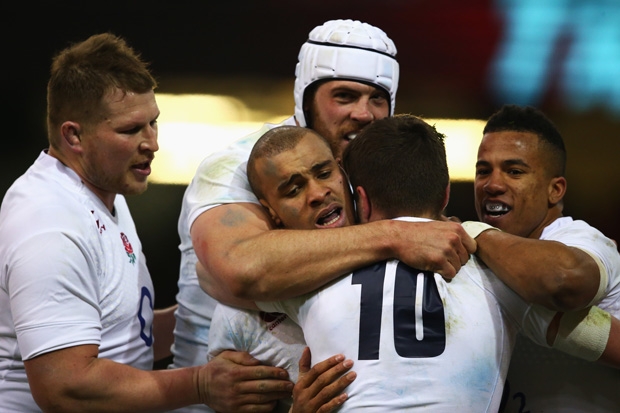My grandson and I had a lovely hour-long swim at the leisure centre. We had the learner pool to ourselves for the first half an hour, during which we threw and dived for our little weighted plastic sharks. Then a stocky man, tattooed like a Maori, and his little boy entered the pool. The little boy, Conrad, was in the same primary-school class as Oscar, so they teamed up and went away with the fairies together. They played a game in which they took turns to stand rigidly to attention at the pool’s edge, then topple forward, still rigid, face-down into the water. Result: eye-watering belly flops that weren’t as painful as they looked, they said. Their belly-flop game released Conrad’s father and me from our duties as entertainment managers. I grasped the opportunity to swim front-crawl widths of the 24-inch-deep pool. Each width was two arm strokes maximum. Conrad’s father sat in the water up to his neck and appeared to go in his mind to a very faraway and peaceful place, so that the wet, bearded head, tilted upwards with unseeing eyes, wore a beatific look.
The timetabled learner-pool swimming session ended at seven o’clock. By the time we had showered, dried ourselves, dressed, and made our ritual obeisances before the holy altar of the snack-vending machine, it was half past, which is Oscar’s bedtime. Risking his father’s wrath, however, we called in on the way home on my mother (and his great-grandmother) for a cheeky cup of hot chocolate. She is 84 years old and was recently diagnosed with Parkinson’s disease. The most salient point in any description of my mother, though, is that Jesus is her Lord and has been since she was 13. She has a humble, loving spirit and she prays about everything. We found her in her cosy room, seated in her recliner, watching Mastermind.
So we drank our mugs of hot chocolate watching the end of the specialist-subject round. Oscar was held by the compelling sight of the nasty old man quick-firing questions at a pretty, flustered, chair-bound young woman, while the camera homed in slowly and most cruelly on her facial tics and contortions. Her specialist subject was E.M. Forster. In A Passage to India, what was the name of the caves in which the controversial incident occurred? She remembered the Marabar Caves with confident ease. The English pension in Where Angels Fear to Tread — what was its name? She remembered it was the Pension Bertolini in the nick of time. Kindly aware that the format of Mastermind was unlikely to divert the attention of a five year old for very long, my mother said, ‘There’s rugby on the other side.’ So we switched channels.
Wales v. England. Ten minutes gone. Wales leading 10–0. The Millennium Stadium a seething cauldron of Welsh patriotism. The contrast between it and E.M. Forster questions on Mastermind could not have been greater. Association football has always been the culture in our family. Already, at five, Oscar can shoot with the inside or the outside of his shoe and jump to meet the ball with his head. But we do enjoy a good game of rugby, especially if England are playing, though we watch with uncomprehending admiration rather than fanaticism.
But what a game of rugby! Oscar likes to be told which side to cheer for. Which team was West Ham, he said. We are the Whites, we told him. England. ‘I’m England, aren’t I?’ he said. He was indeed England, we said.
It looked at first as though we might be overrun, and were fighting for our lives in the last ditch, but now it seemed, inch by thrilling inch, we were turning the tide. The passionate intensity with which these men — our men — fought over the bouncing ball exhilarated Oscar almost out of his mind. Even my old Mum was mentally throwing herself on every loose ball. But when the tide surprisingly turned in England’s favour, and she saw the look of anguish on the faces of the home crowd, my mother sportingly changed her allegiance and wanted the Welsh to win. They had such kind and honest faces, she said, and it was sad that they should lose at home.
At the final whistle, exhilarated by what we had seen, I returned my grandson to his father, asking him to forgive our lateness. It was such a thundering good game, I said, that even his grandmother had been thrilled to the marrow. He accepted the excuse placidly, though perhaps without believing it. But he believed it the following afternoon, when Mum was taken to hospital by ambulance, after suffering what the consultant later described as ‘a small heart attack’.







Comments